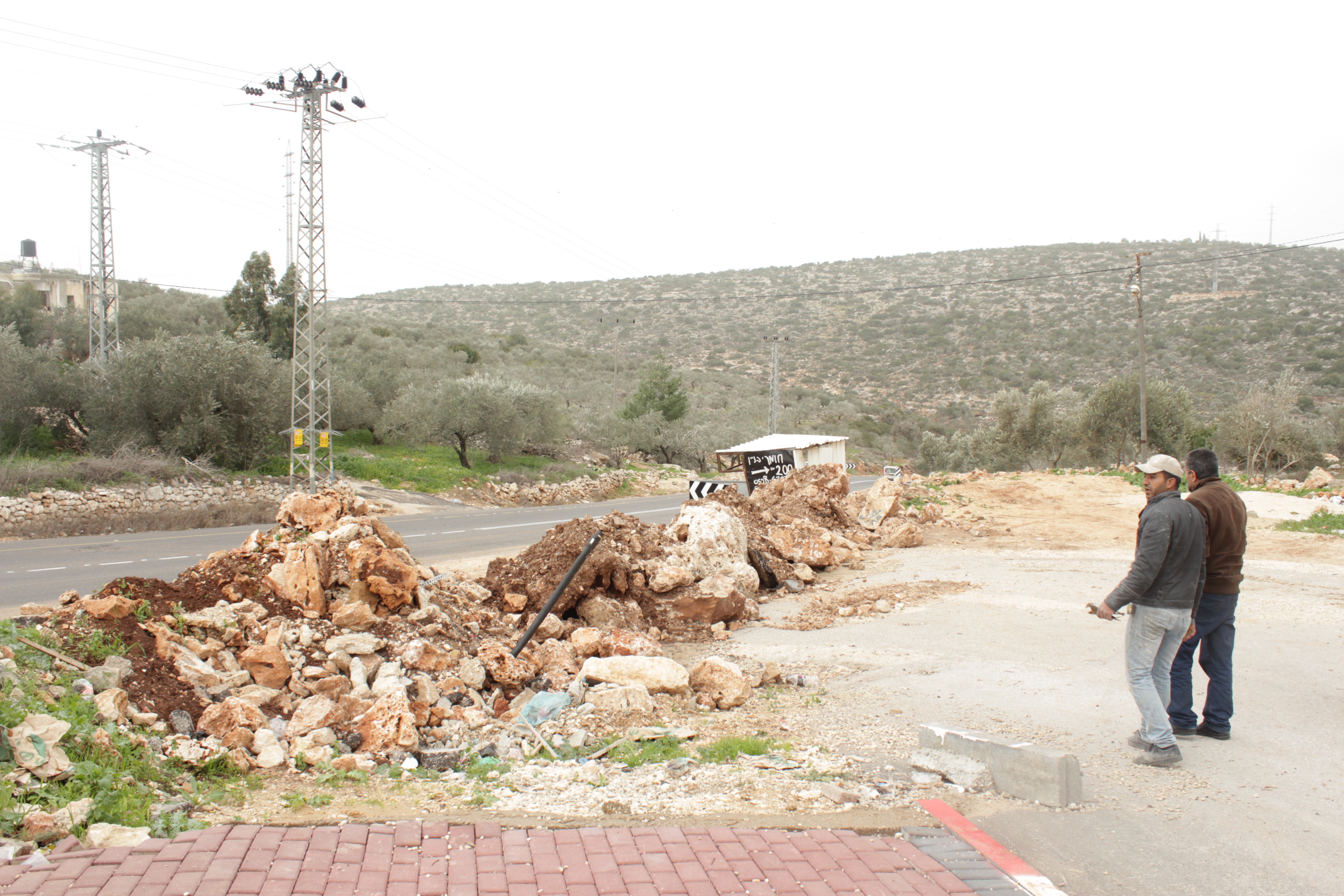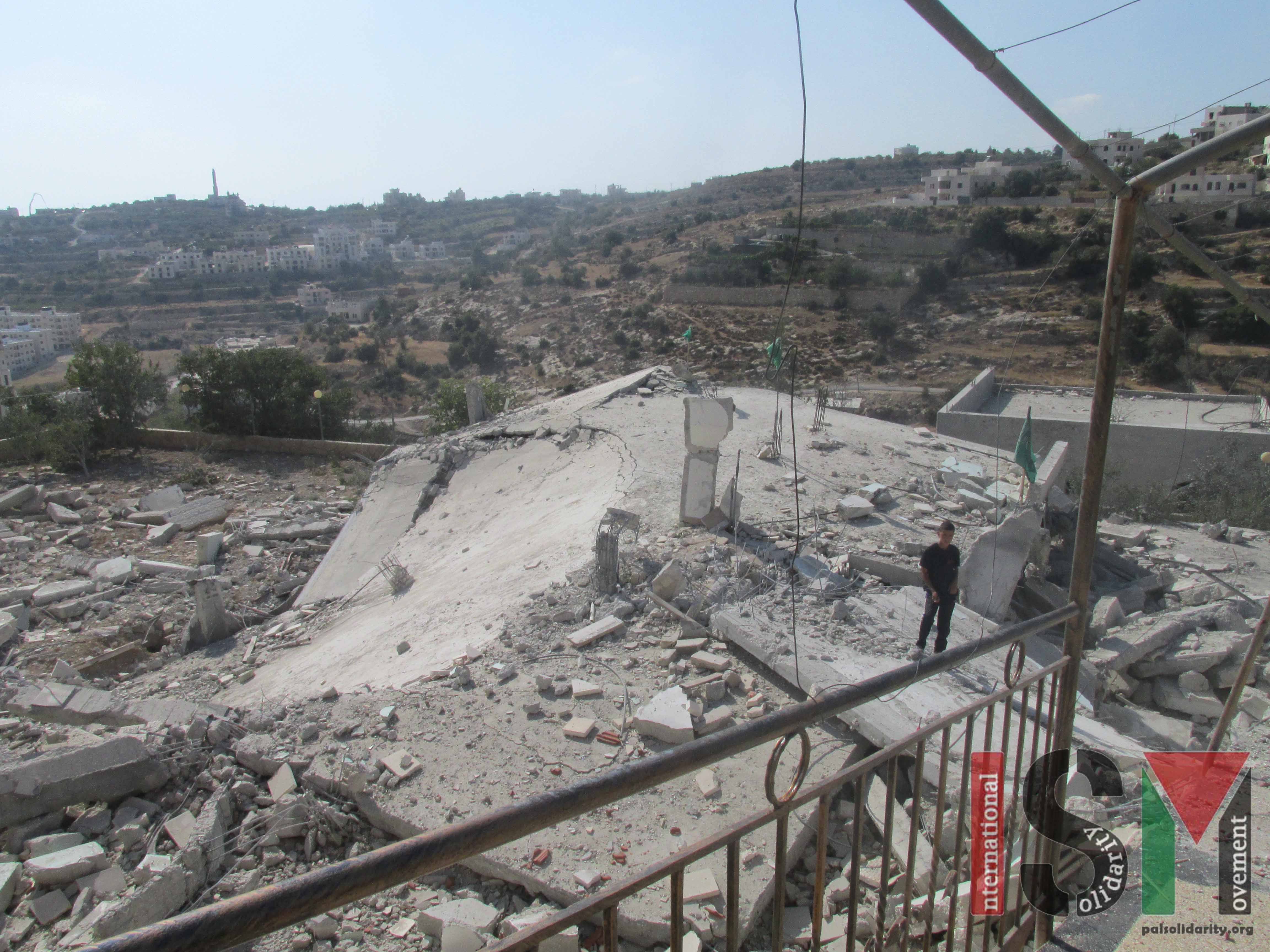Tag: Collective punishment
-
Collective Punishment for Deir Istiya village
6th January 2015 | International Solidarity Movement, Nablus team | Deir Istiya, Occupied Palestine On 29th December, Israeli military barricaded the village of Deir Istiya, Salfit with a roadblock. This type of roadblock, termed an ‘earth mound’, is a pile of rubble and earth dropped over the road to obstruct access. It prevents access from the…
-
Three homes destroyed in Hebron
19th August 2014 | International Solidarity Movement, Khalil team | Hebron, Occupied Palestine Yesterday, the Israeli army demolished the homes of three Palestinian families in al-Khalil (Hebron). At around 11pm on August 17th, a large Israeli military presence began to accumulate in the area of Daersat Alser where the homes of Abu Eisha and Marwan…
-
Israel must be held accountable for its collective punishment of Palestinians
3rd July 2014 | Palestinian BDS National Committee | Ramallah, Occupied Palestine – Palestinian organisations condemn Israeli operations in West Bank and Gaza as collective punishment – Palestinians call for military embargo and boycott action Palestinian boycott, divestment and sanctions (BDS) activists have are urging governments and international civil society to take action to hold Israel…



